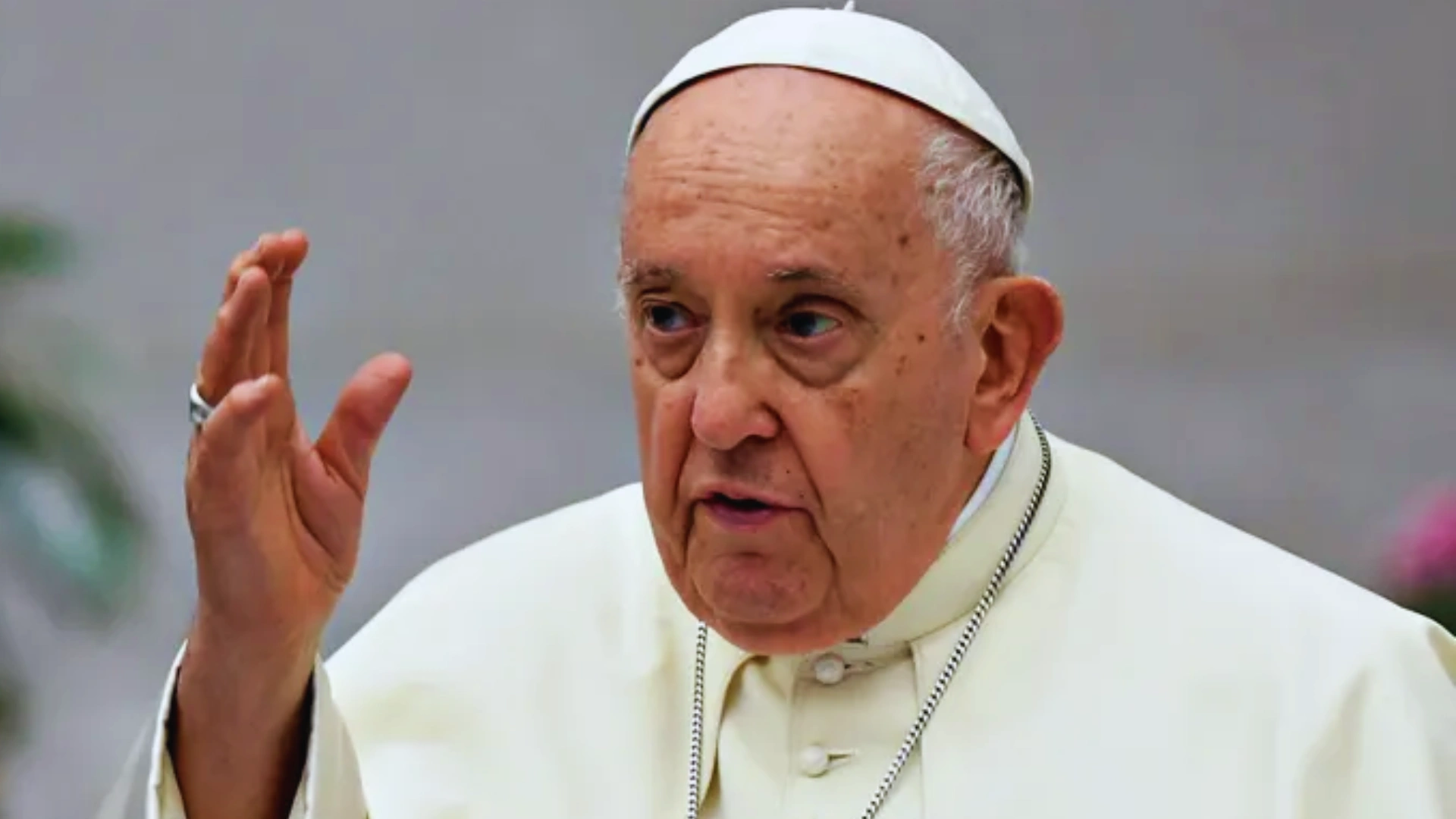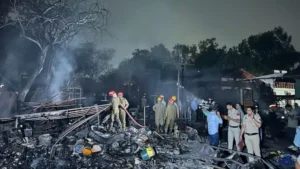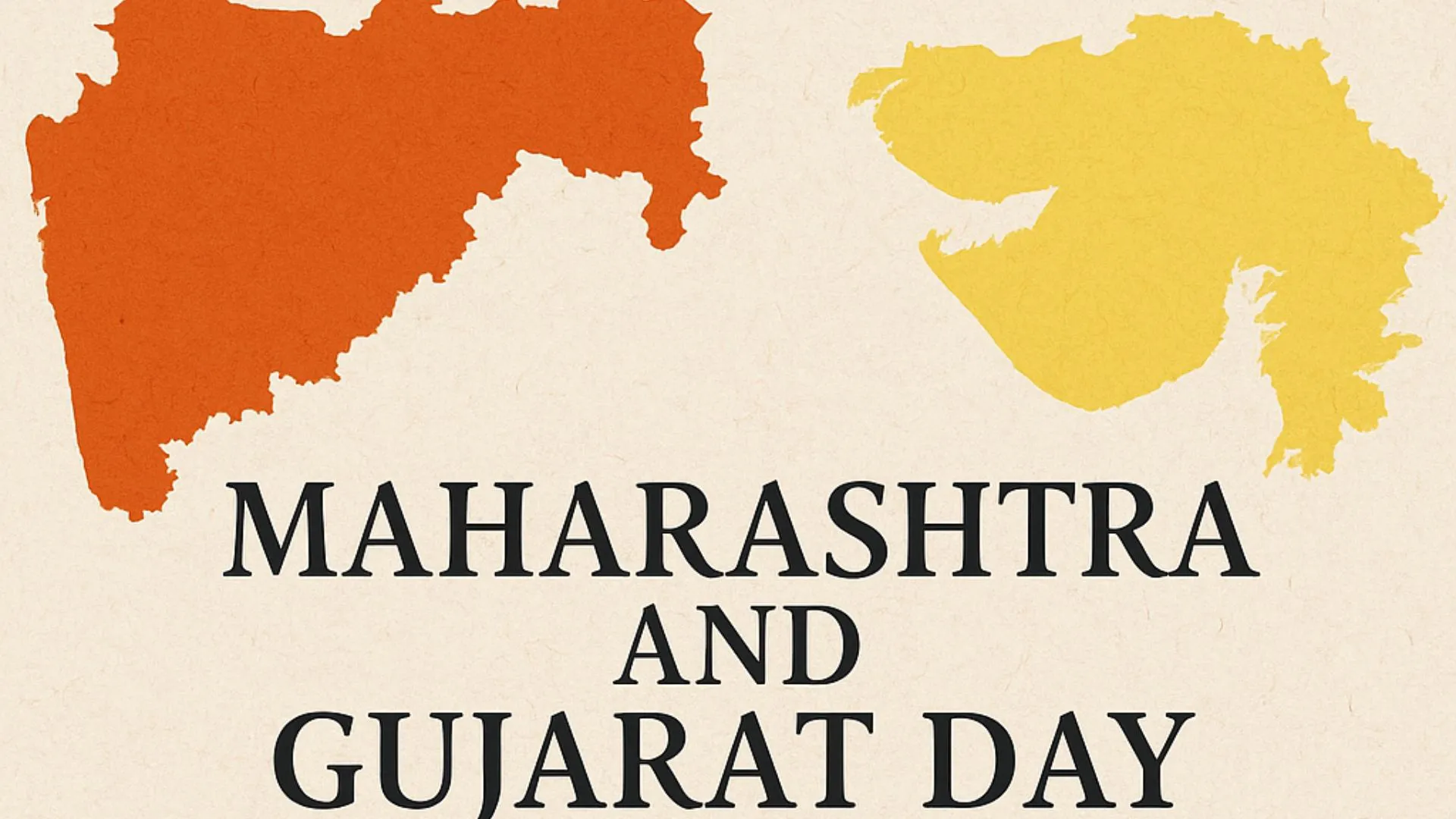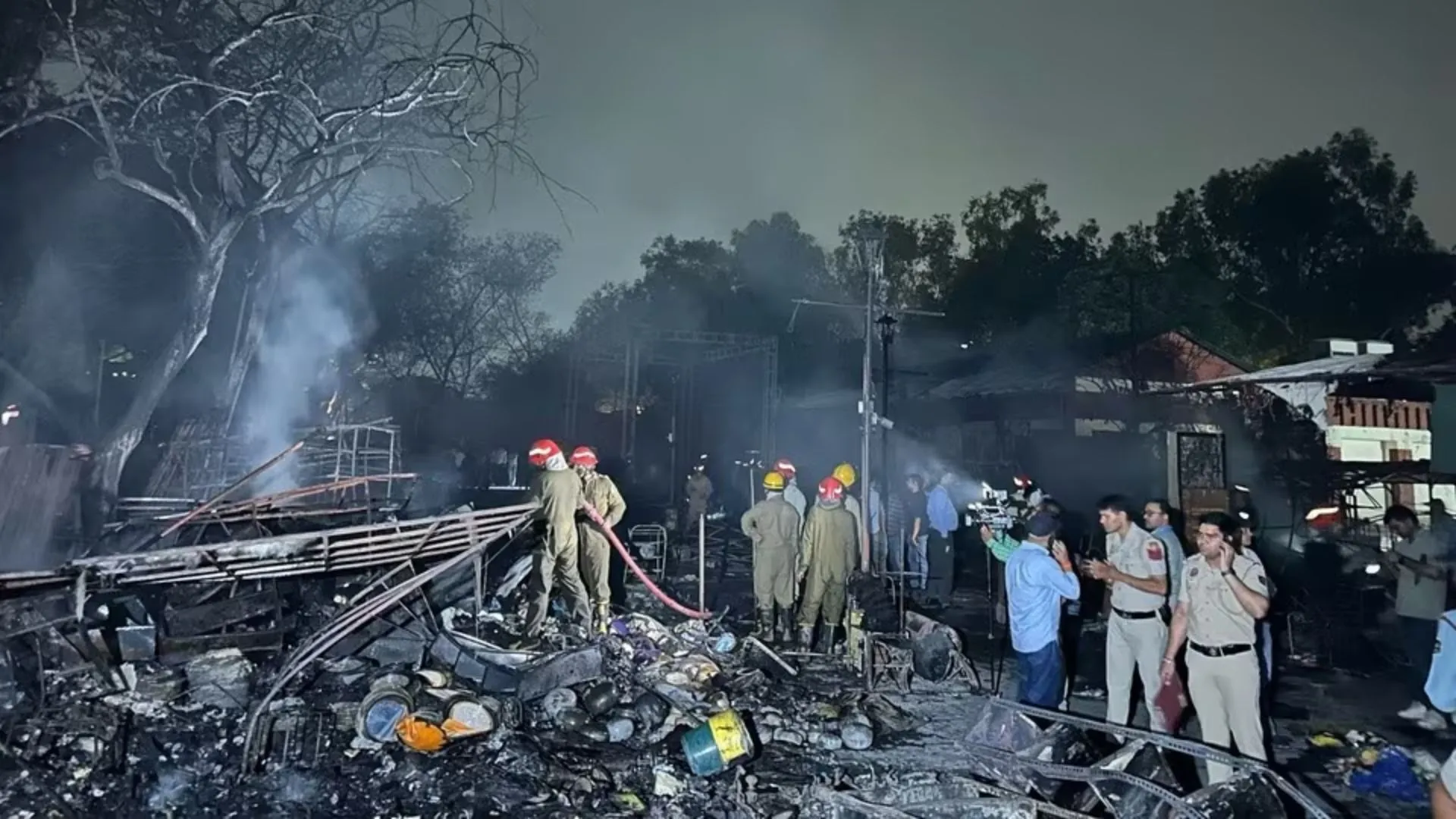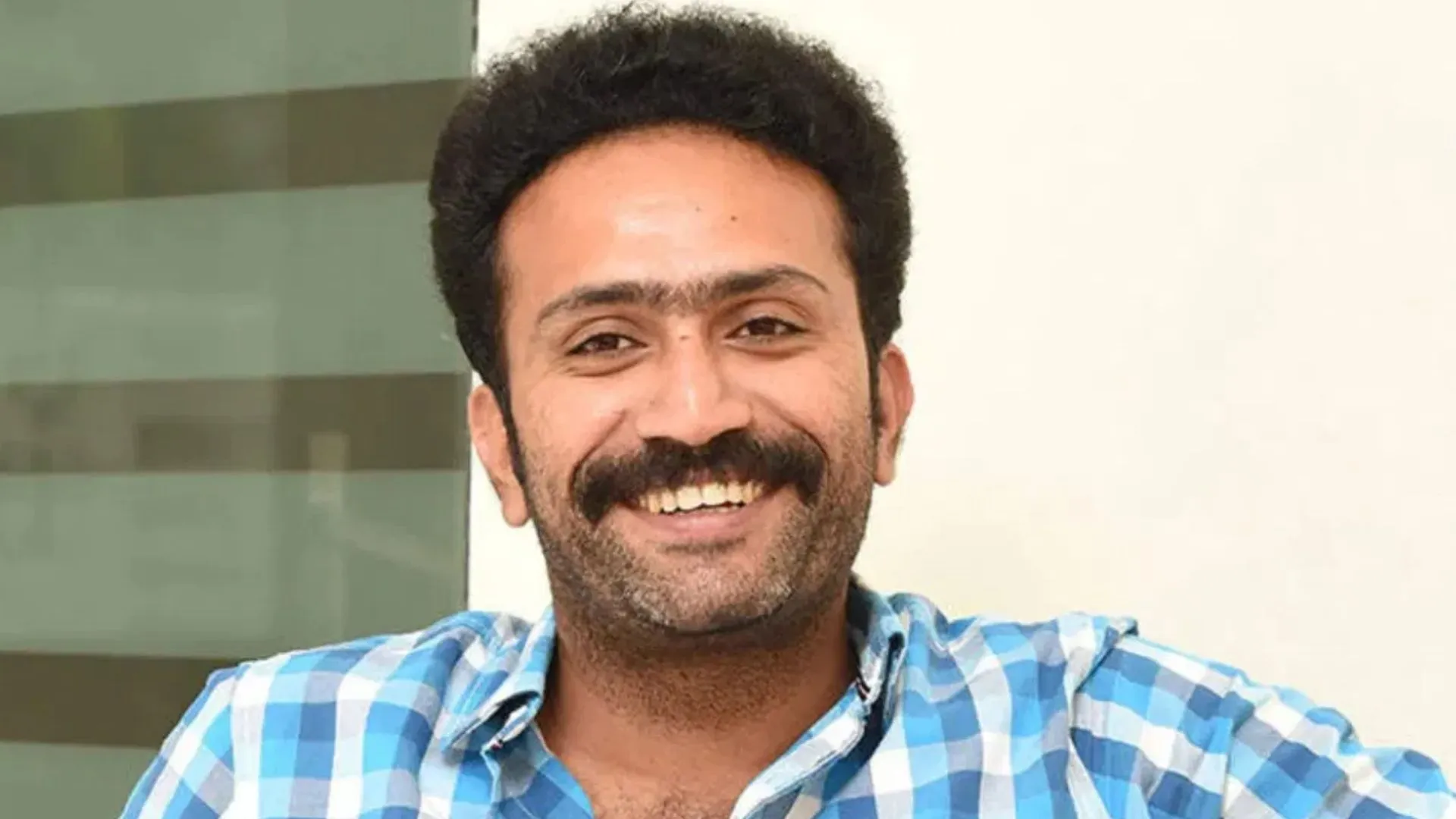Homosexual men in Italy may pursue training to become Catholic priests under newly approved guidelines by the Vatican, provided they do not endorse or promote what is referred to as “gay culture.”
The guidelines, issued by the Italian Bishops’ Conference and published online on Thursday, emphasize the Church’s commitment to celibacy for clergy. While allowing gay men to enter seminaries, they stipulate that those who openly express their homosexuality or advocate for related cultural movements should be excluded.
Addressing candidates with “homosexual tendencies,” the 68-page document notes that the Church respects individuals but cannot admit those who actively engage in homosexual acts, display deeply ingrained homosexual tendencies, or champion “gay culture.”
However, the guidelines encourage evaluating the “homosexual tendencies” of candidates within the broader context of their personalities to ensure a harmonious understanding.
The document underscores the Church’s aim of fostering priests capable of embracing celibate chastity as a gift and a conscious choice. These directives have received Vatican approval, the bishops’ conference confirmed.
Pope Francis, 88, has long promoted inclusivity within the Catholic Church, particularly regarding LGBTQ individuals. Despite this, official Church doctrine continues to label same-sex acts as “intrinsically disordered.”
Early in his papacy, Francis garnered attention with his remark, “If someone is gay and is searching for the Lord and has good will, who am I to judge?”
Nonetheless, controversy arose in June when Francis reportedly used a derogatory term for gay men during a private meeting with Italian bishops. According to media reports, the pope voiced concerns about what he perceived as excessive homosexuality in seminaries.
Some observers have praised the new guidelines for their clarity. Francis DeBernardo of New Ways Ministry, a U.S.-based organization advocating for LGBTQ Catholics, described them as a “significant step forward,” reducing ambiguity that previously led to discrimination.
Similarly, Jesuit priest James Martin highlighted that, for the first time, a Vatican-approved document acknowledges that assessing seminary candidates should consider more than just their sexual orientation. Martin suggested the guidelines imply that gay men capable of living a celibate and chaste life might be deemed eligible for priesthood.


